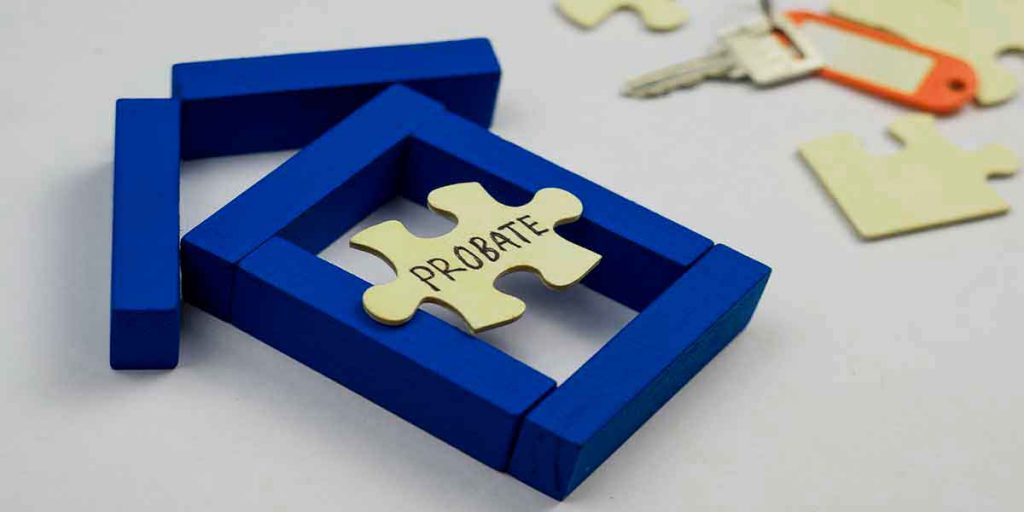Probate proceedings calls for the validation of a Last Will and all that is stated in the estate document. As soon as an estate decedent dies, the estate executor will step in to ensure the decedent’s estate is shared accordingly as stated by the will. Probate officially begins when the executor file the probate petition to the court. Once the court accepts it, the estate is declared “open”. The court then gives a document known as Letters Testamentary, authorizing the executor to settle the estate. If you were appointed as an estate administrator, then the document given is Letters of Administration.
Two major steps before probate begins
- Finding the decedent’s Will
The first step after a decedent dies is to file the decedent’s will alongside their death certificate and take it to the probate court. If you do not know where they left the will, check with the family to know if the decedent left a will at all. If they have no idea and can’t find it in the decedent’s closet, check in with their attorney.
- Petition the court for probate
Probate officially begins when you file the probate petition to the court. You do this by filing the will and death certificate alongside a written petition to commence probate. Once the court accepts it, the estate is declared “open”.
Handling debt during probate
- Locating and collecting all decedent’s asset.
One major step to manage debt effectively is to take inventory of all that the decedent owned. The estate administrator or executor at this point will need to locate each asset and identify how they’re owned. This involves getting a hold of all his documents, personal papers, bank account statements, and any other possible document. In there, you should be able to determine the existence of investments, life insurance, bonds, shares, and any property the decedent owned. You should then notify the bank to freeze their accounts to prevent fraudulent transactions. It is the executor’s job to keep each asset physically and digitally safe during probate.
- Evaluating the decedent assets
After identifying each asset in decedent’s name, the executor then has to sum everything up. A professional appraisal of the estate may be required. As such, the estate executor’s may consult an accounting professional or an experienced probate attorney. They will then have to open a checking account using estate funds of which they can settle your outstanding bills and probate cost.
- Contact and pay all decedent’s creditor
To effectively know what the decedent owed and to what people, all creditors must be contacted. This will help cancel any invalid claim of debt or non-payment of debt. People will come claiming to be creditors of the deceased, it is however, the job of the executor to figure out what claim is legitimate. It’s advisable hiring an experienced probate attorney for professional guidance.
- Add up all other expense incurred during probate
Typically, during probate proceedings, expenses cannot be sidelined. Expenses could include the cost of getting legal document required for the probate, bills from decedent’s funeral, and medical bills before death among others. Payment of these expenses is essential.
- Clear all estate taxes
Next, all estate taxes must be properly cleared. The executor have to file the tax return forms and pay any income and estate tax on the estate. You may have to consult a probate attorney to determine if the estate is subject to state or federal estate tax and how to go about settling them.
Note: In some situations where there is not enough funds to handle all debts, the decedent’s estate can be utilized in any possible means to pay off debts. This could include selling or renting off part of the decedent’s properties.
After all debts and financial obligations have been settled, the court will grant the estate’s executor the permission to distribute whatever is left of the estate to named beneficiaries. The court’s approval comes with the executor submitting a record of all the transactions made from the estate. If the accounting is accepted, distribution of the assets will be approved.
Bottom line
Handling probate proceedings alone may be easy for just one person. Since there are many stages involved, you may need the services of financial institution and attorneys. Contact a probate attorney today. They can represent you in court and explain the will and every legal jargon you need to understand. In addition, having an attorney by your side brings you credibility in the eyes of the beneficiaries.









